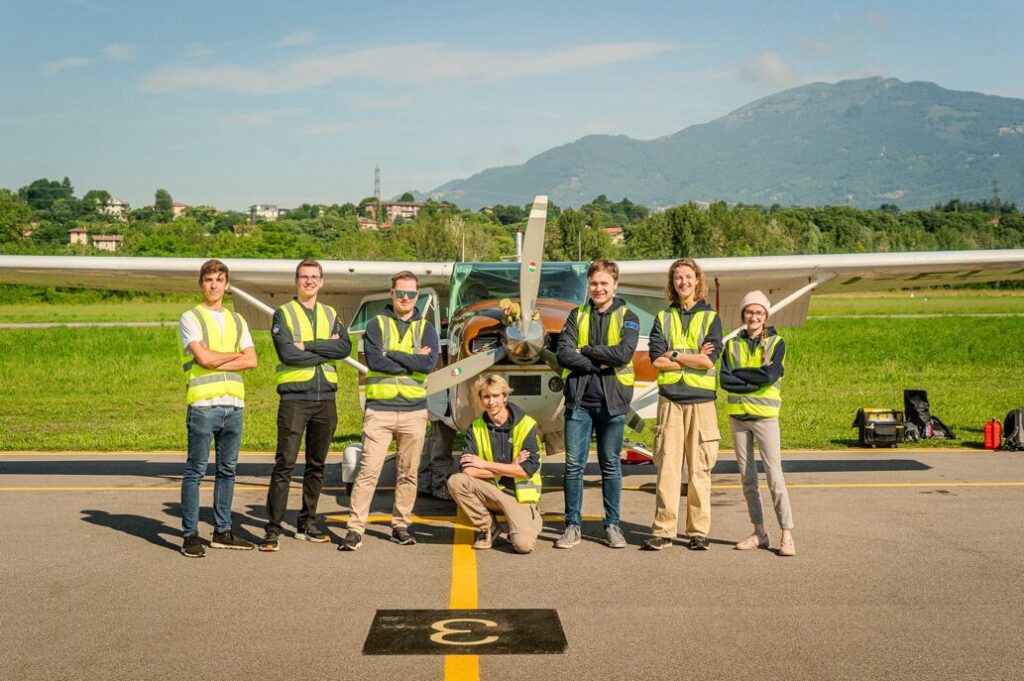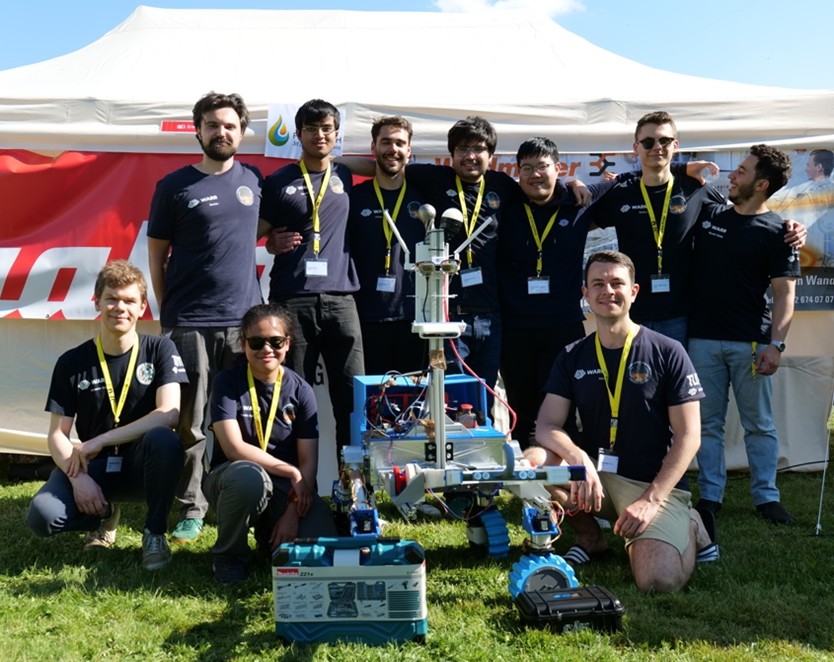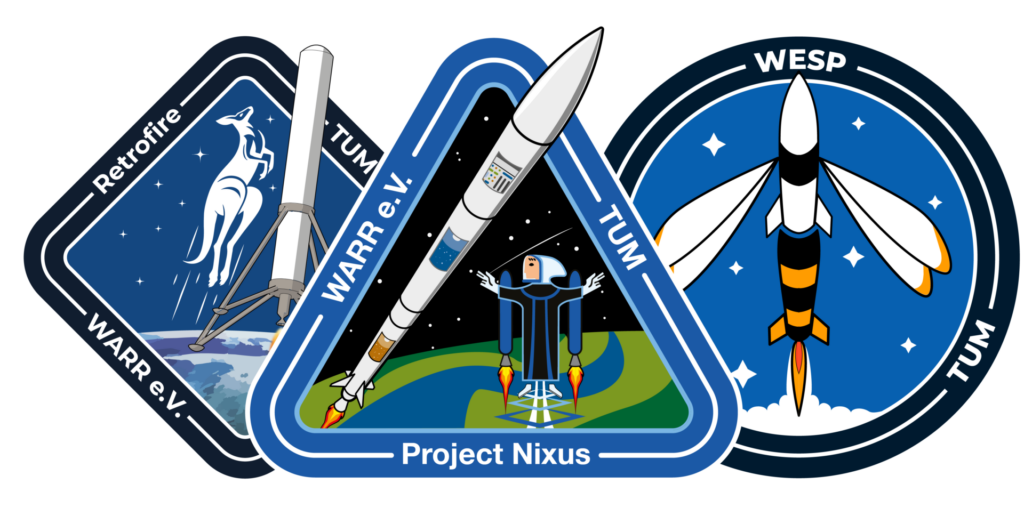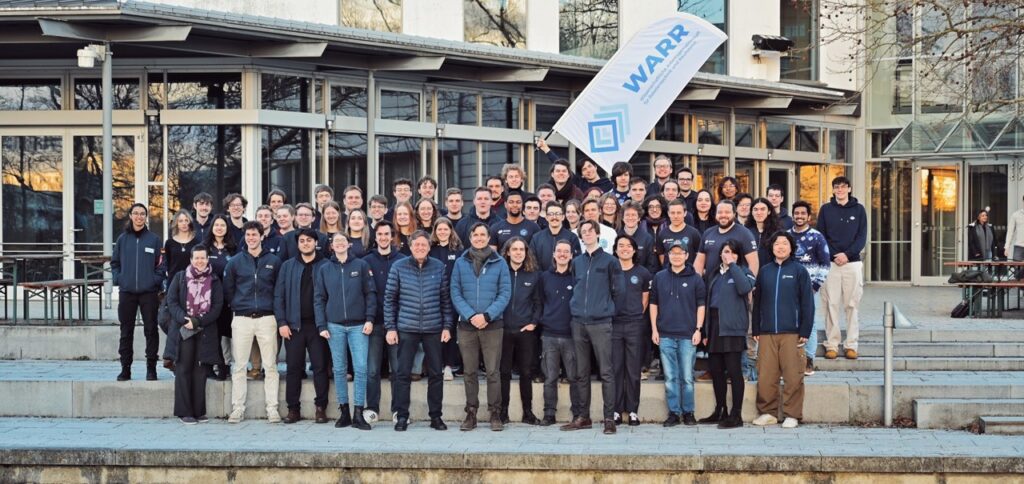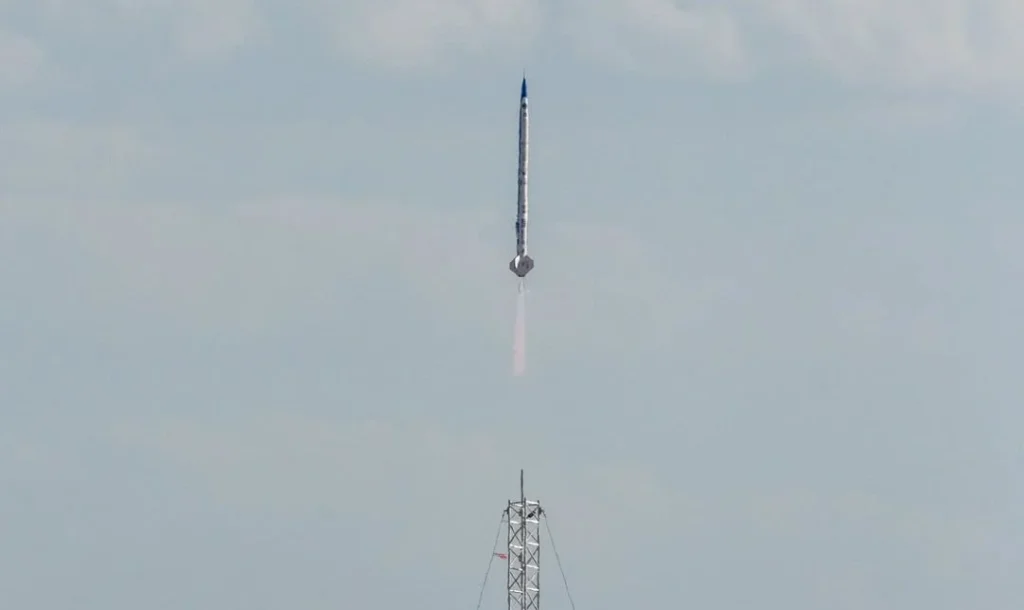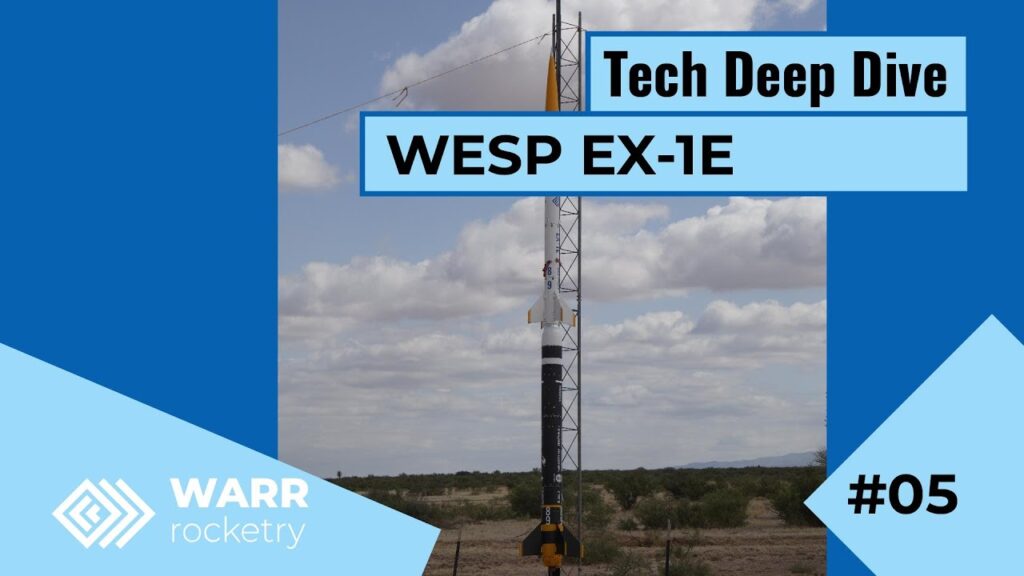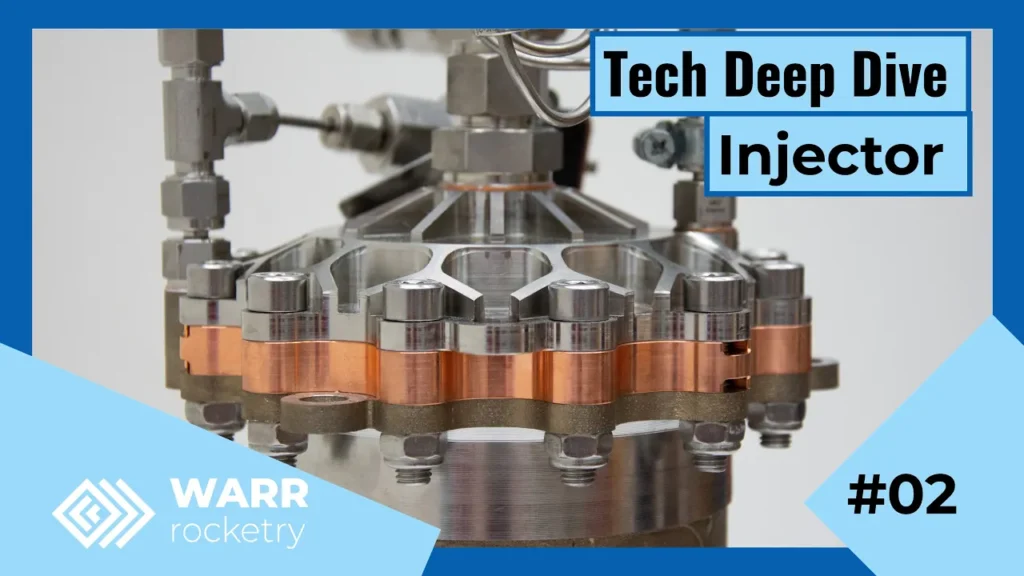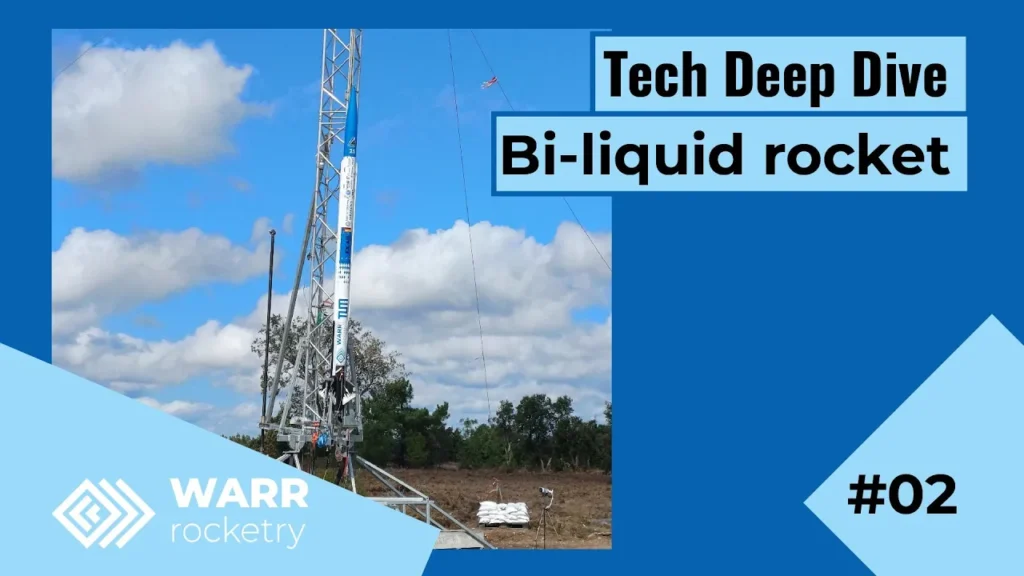WARR Space Labs in 2025
2025 was a busy year for us at WARR Space Labs. We launched a total of three iterations of our D.l.N.O.labs (Dinoflagellates: Investigation of Noctilucent Organisms) experiment throughout the year, analyzing bioluminescent algae in various microgravity environments. The project was started in April 2024 to not only investigate the impact of microgravity on cell membranes, […]
WARR Space Labs in 2025 Read More »

